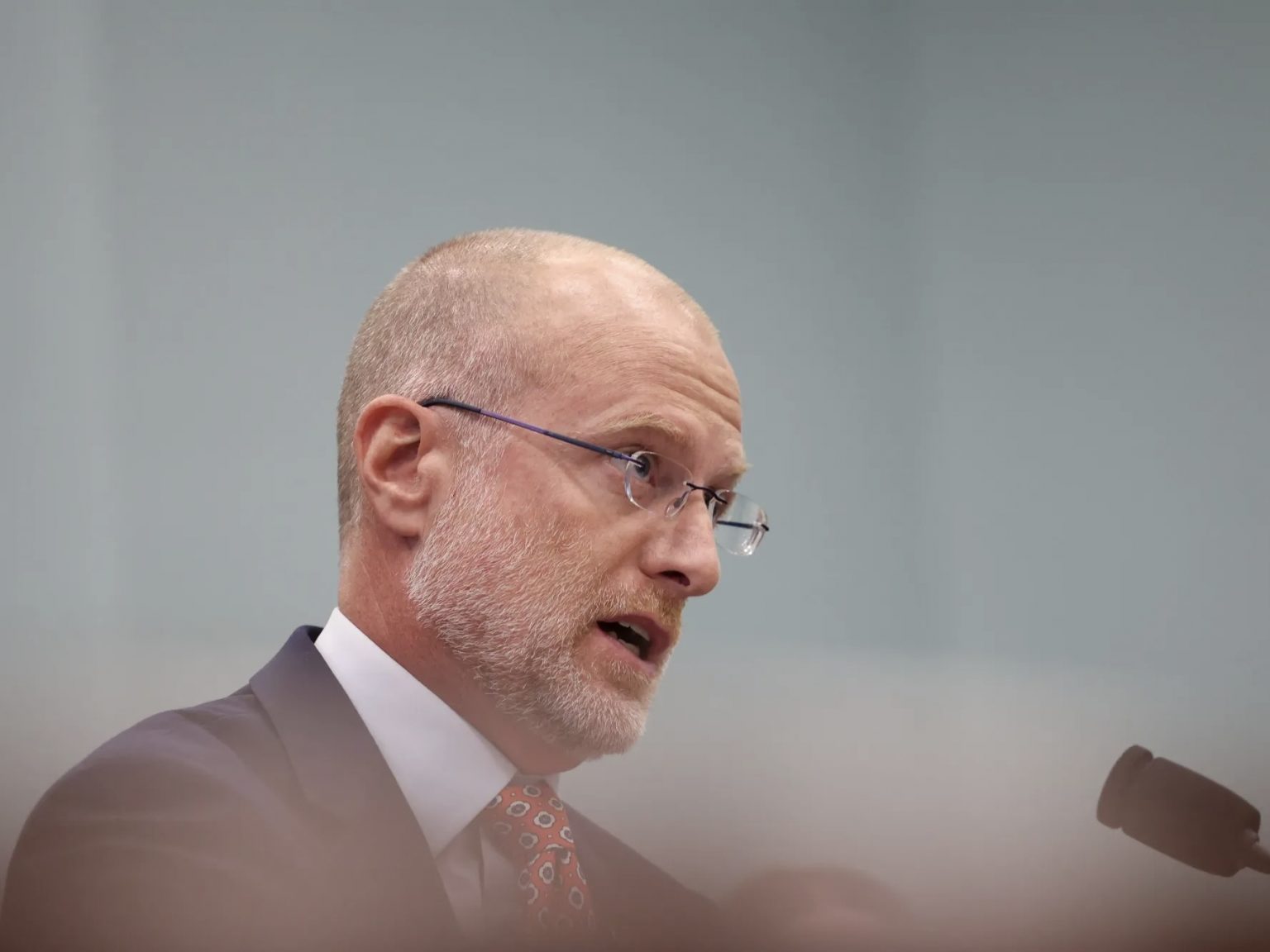- Trump’s support for EchoStar in its FCC spectrum showdown triggers investor optimism and stock gains.
- The political intervention raises concerns about regulatory impartiality and sets a precedent for telecom oversight.
What happened: A phone call, a $35 billion asset, and a regulatory twist
A Bloomberg report reveals that Republican former President Donald Trump met with EchoStar Chairman Charlie Ergen at Mar‑a‑Lago before contacting FCC Chair Brendan Carr, urging swift resolution of a probe into EchoStar’s compliance with its 5G spectrum build‑out obligations. In May, the FCC launched an inquiry to determine whether EchoStar had fulfilled requirements tied to its spectrum licence, under threat of revocation and substantial fines.
Following Trump’s call, EchoStar withheld over $500 million in interest payments, citing the investigation as critical to its financial flexibility. As markets reacted, EchoStar’s shares surged nearly 50%, reflecting investor confidence that political leverage might tilt regulatory action in the company’s favour.
Also Read: Trump steps in as FCC pressure mounts on EchoStar
Also Read: FCC opens 20,000 MHz of satellite spectrum for new services
Why it’s important
This case highlights a concerning erosion of regulatory independence in the US telecom sector. Trump’s direct involvement — meeting with EchoStar’s chairman and calling FCC Chair Brendan Carr — signals that high-stakes spectrum disputes may no longer be resolved strictly within institutional frameworks. Analysts have long valued EchoStar’s mid-band spectrum holdings at up to $35 billion, making them an attractive target for wireless giants like T-Mobile and AT&T. This kind of political intervention risks distorting the fair market for spectrum allocation.
The FCC has historically positioned itself as an impartial arbiter of spectrum policy. However, the optics of a former president stepping in to influence licensing outcomes undermines that neutrality. Industry observers warn that the Trump–EchoStar episode may embolden other telecom firms to seek political influence instead of complying with buildout mandates. In an environment where 5G rollout is central to national competitiveness, eroding regulatory norms may delay progress, discourage investment, and increase legal uncertainty for infrastructure players. This story matters not only because of EchoStar’s gain, but because it shows how telecom governance can be bent — and who has the power to bend it.

